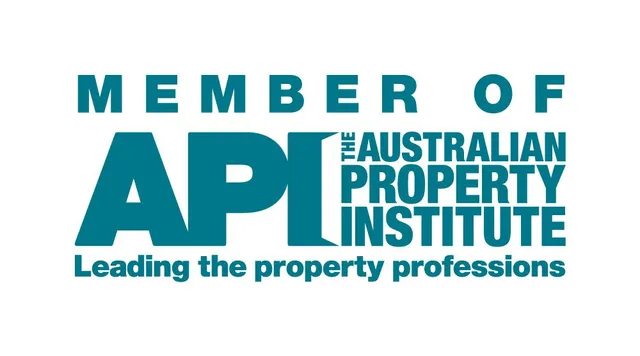When do you need an Information memorandum?
12 February 2020
We live in a very noisy world, where a of lot “information” is offered as a marketing tool, but too often the real meat of the information sandwich, that you need to make informed decisions, is missing.

The Information Memorandum (IM) is the preferred method of providing this critical information.
The IM is basically just a detailed brochure of the property, provided by the sales agent to help with the marketing process. IM’s are particularly critical for properties that are aimed at investment or property's with very individually specific critical characteristics. You will usually see them produced for tenanted and vacant commercial and industrial properties, going concerns and farms that are of a certain scale or described as going concerns.
IM’s can also be produced for residential property, although a 1 or 2 page brochure can usually do the job. If the residential property is being sold on the income it can produce or some other significant characteristic, then more detail is required, and an IM could be produced.
The more specialised and professional commercial and rural sales agents generally produce an IM for most of the property they put to market, as IM’s assist with the efficient provision of critical decision-making information.
It should be noted that IM’s are not gospel nor the last word in obtaining information about a property, however, they are a very good starting point and can be used on face value to get through an initial assessment of the investment potential of a particular property.
The IM should provide you with a detailed overview of the property and its key characteristics and critical information.
Some of the key headings should include
• Address
• Legal Description
• Executive Summary
• Price and Sale Process Info
• Market Overview
• Location Details
• Property Details
• Town Planning
• Financial/ Leasing details
• Approvals for use or development
• Breakdown of Outgoings
• Tenant Profile
• Method of Sale and Details
• Selling Agents Details
• Location Map s
• Photos of Property and Location
• Agents Disclaimers
Rural Property's should have additional information along the lines of the following.
• Rainfall/water supply
• Financial details if available
• Sale Inclusions – Livestock, Crops etc
• Plant and equipment list if required
• Pasture, crop and soils information
Once you start reading a few IM’s you will quickly see that not all IM’s are created equal. Knowing what you should expect from an IM can help you decipher the information quickly and ask the appropriate questions about a property.
During our search process I may easily read 30 to 40 IM’s, so getting to the critical information quickly and accurately is important.
If I come across poorly written IM’s it could mean a couple of things,
A. an opportunity to take advantage of an agent who are inexperienced in marketing what they are selling
B. An agent/vendor who is trying to deflect attention away from information that may be detrimental to the sale of the property.
Both these scenarios are usually more prevalent in metropolitan markets where agents tend to be more specialised and deal with bigger markets.
If you are considering property for investment purposes or buying a going concern, having the key financial and operational details of the property and/or the business that is attached is the only way you can make informed decisions and compare one investment opportunity against another.
Feel free to contact us for further information when it comes to decoding the Information Memorandum.


